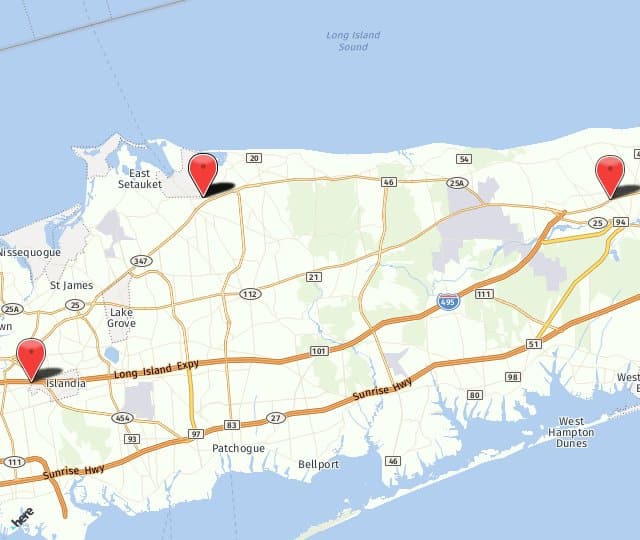- Ambulatory Phlebectomy in Suffolk County, NY
- Aortogram X-ray Exam in Suffolk County, NY
- Arterial Doppler in Suffolk County, NY
- Carotid Angioplasty & Stent Placement in Suffolk County, NY
- Carotid Artery Ultrasound in Suffolk County, NY
- Carotid Endarterectomy in Suffolk County, NY
- Endovenous Laser Therapy in Suffolk County, NY
- Endovenous Radiofrequency Ablation in Suffolk County, NY
- Foam Sclerotherapy in Suffolk County, NY
- Laser Atherectomy in Suffolk County, NY
- Lower Extremity Ultrasound in Suffolk County, NY
- Peripheral Stents in Suffolk County, NY
- Sclerotherapy in Suffolk County, NY
- Subfascial Endoscopic Perforator Surgery in Suffolk County, NY
- TCAR in Suffolk County, NY
- Vascular Pain Management in Suffolk County, NY
- Venography in Suffolk County, NY
- Venous Thrombectomy in Suffolk County, NY
- Venous Ultrasound in Suffolk County, NY

